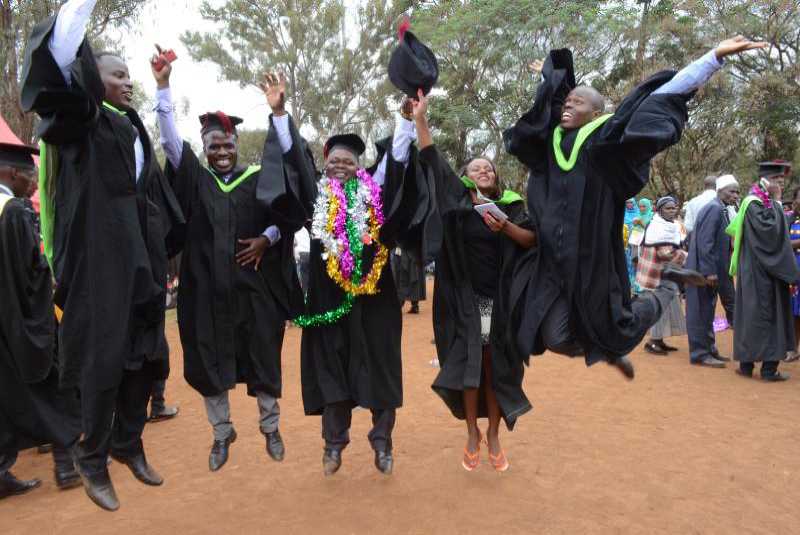×
The Standard e-Paper
Kenya’s Boldest Voice

The University of Nairobi students during a graduation ceremony at the graduation square for the 51st graduation ceremony due to take place tomorrow, Friday 28th, August 2014. [Photo/Jonah Onyango].
Some public universities are cash-trapped and are unable to pay debts amounting to more than Sh5 billion.